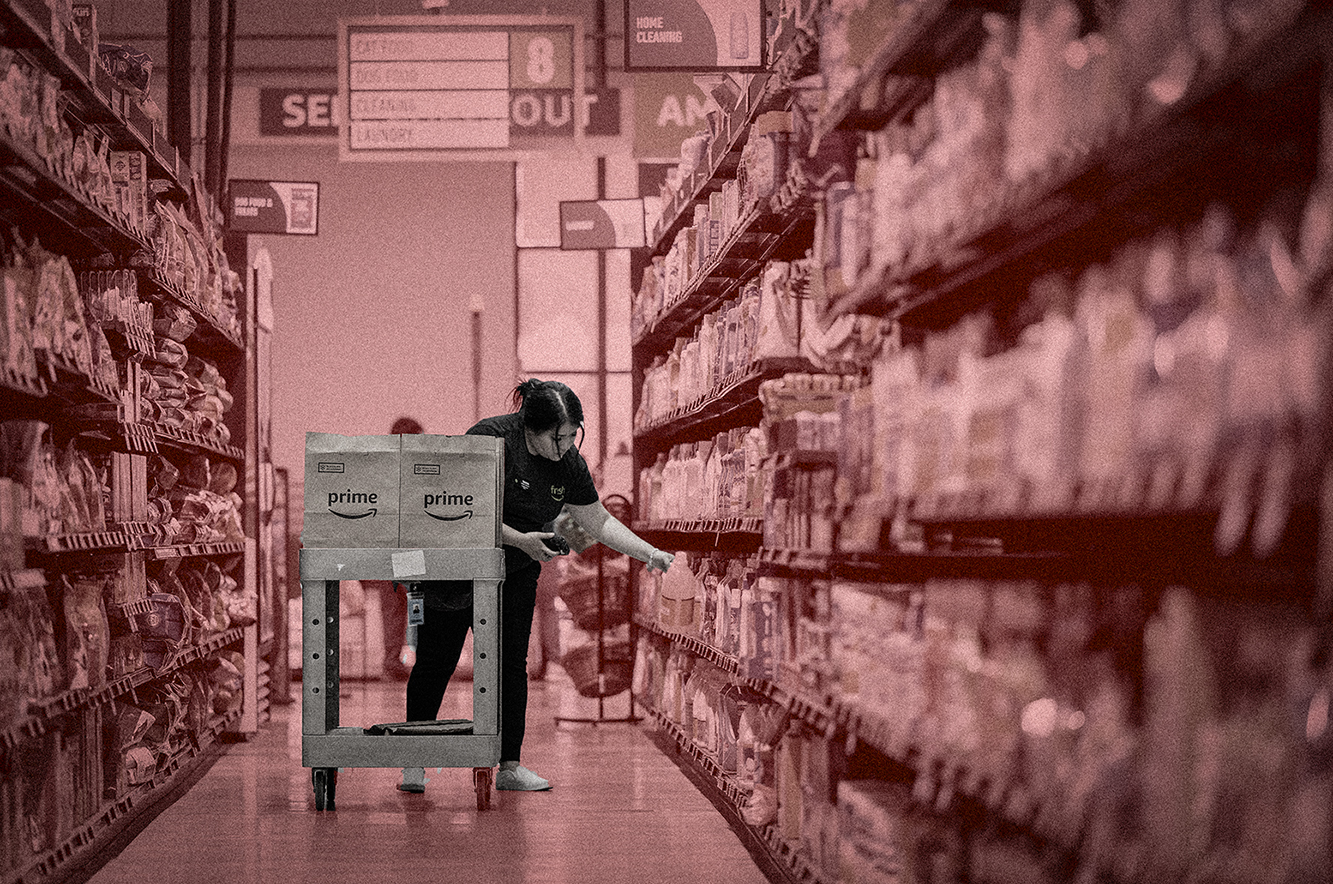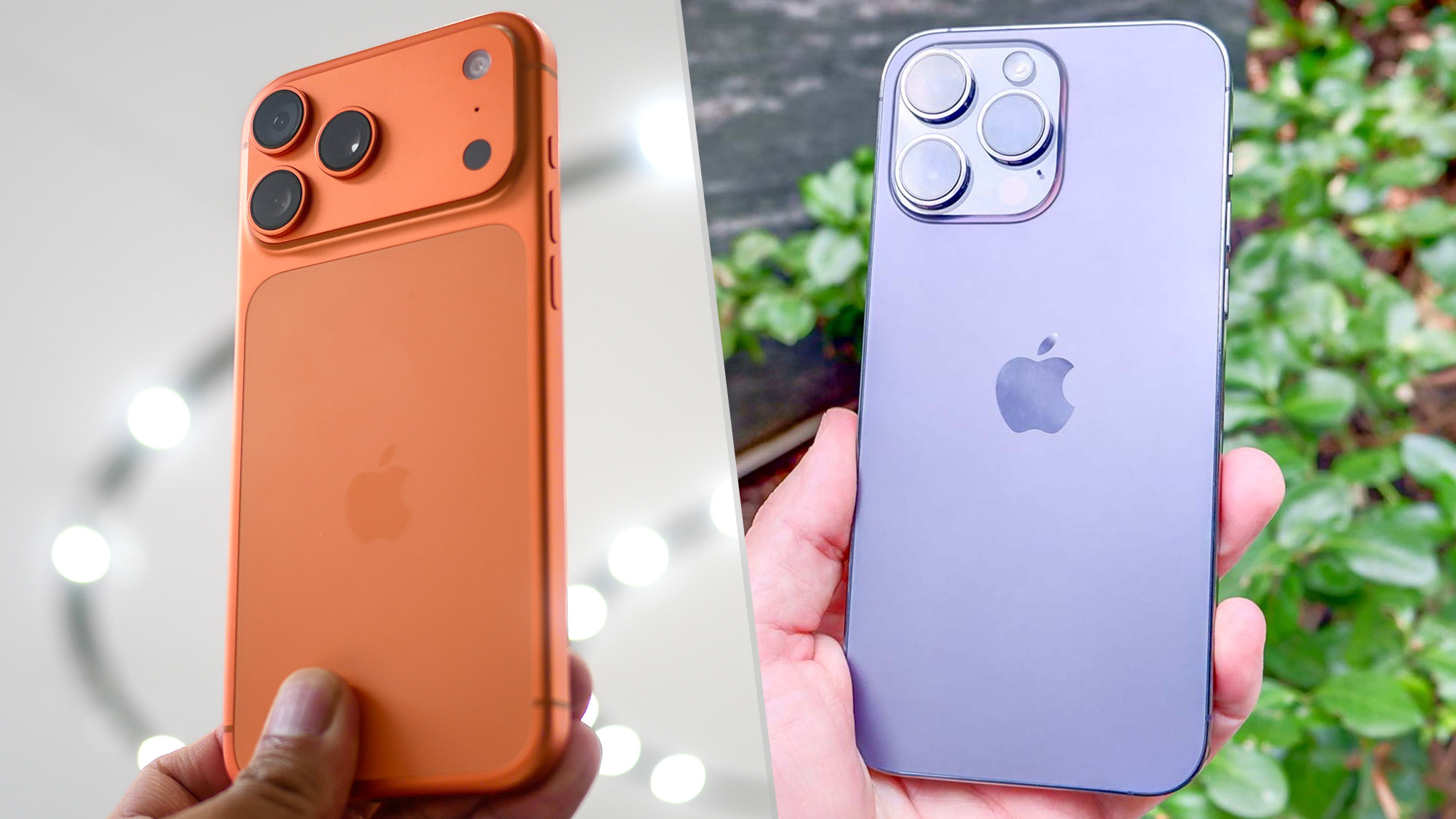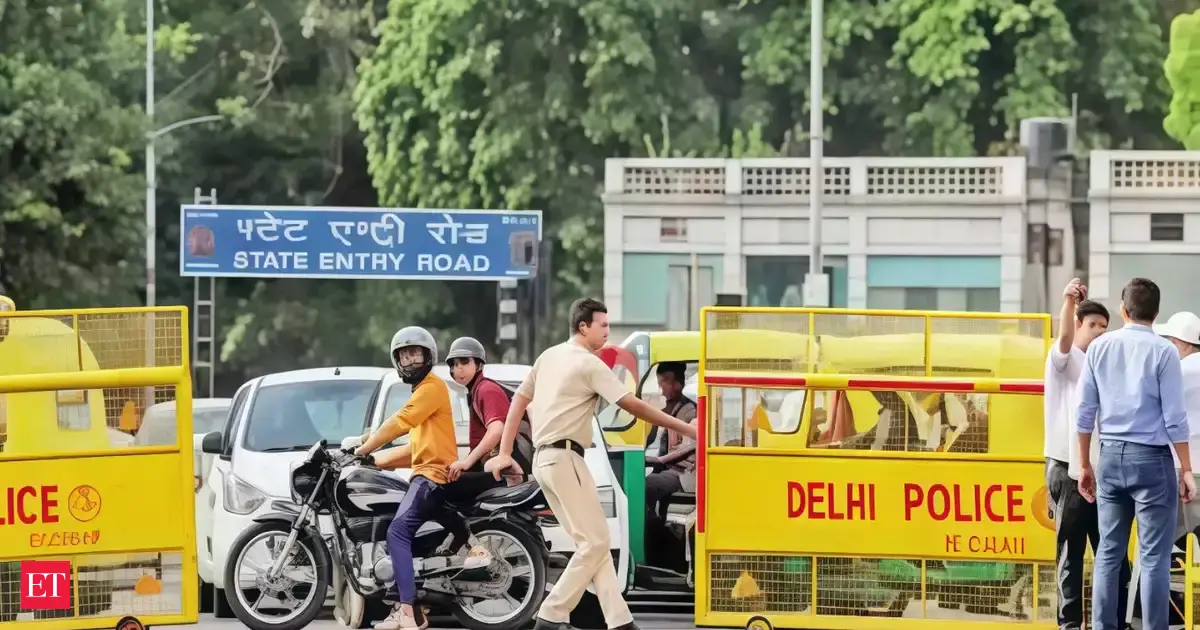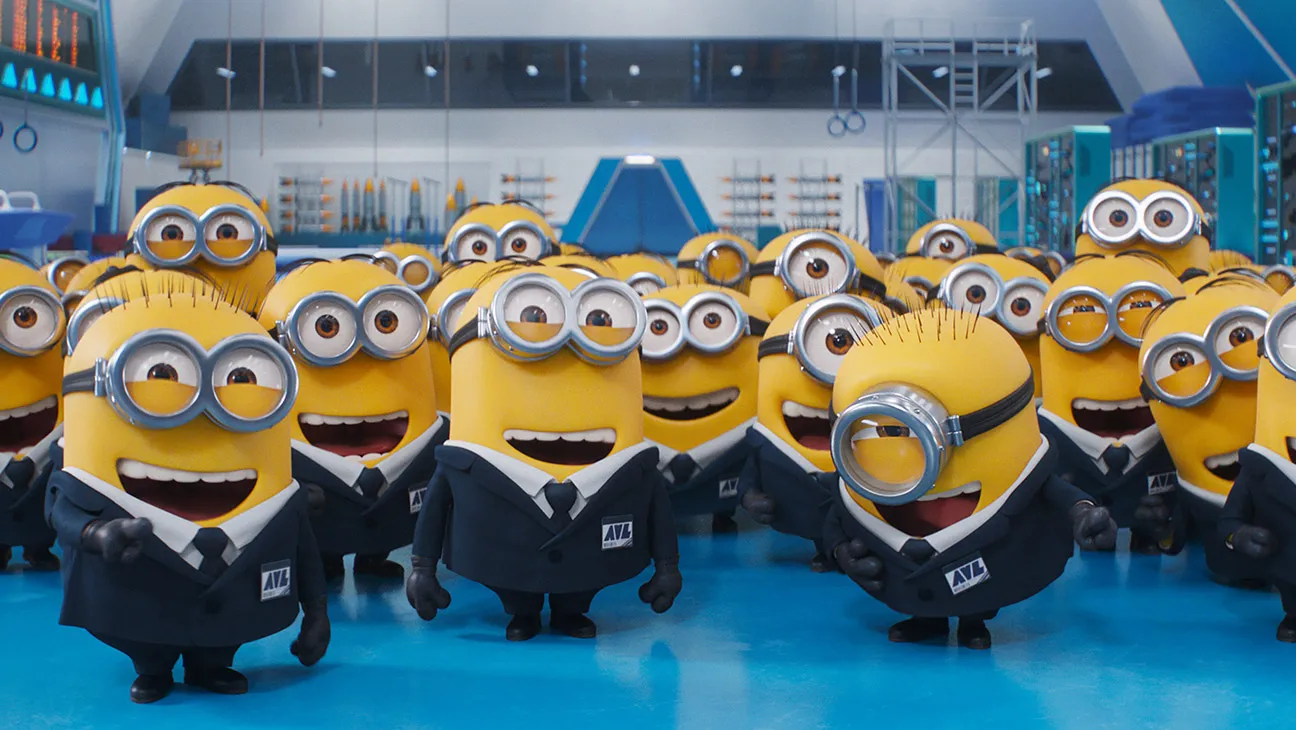By Biba Kang
Copyright newstatesman

Amazon Fresh stores once felt like the future. When they first appeared in the UK in 2021, they seemed like the perfect solution to Covid-era shopping. Sensors would detect which items you’d picked up from the shelves and then cameras, backed up by AI, would monitor your moves around the shop. When you left, a bill would be charged automatically to your Amazon account (perfect for those of us who still use our mum’s).
But less than five years after they were launched, Bezos is shutting down all 19 Amazon Fresh stores in the UK. On Tuesday, the company announced it had “made the difficult decision” after a “thorough evaluation of business operations and the very substantial growth opportunities in online delivery”. This is business-speak for: it just didn’t take off.
I first saw one on Ealing Broadway in west London. I went in for a dystopian experience – and a Twirl. I was stopped by a barrier. An employee (maybe the robots weren’t ready for managerial roles?) told me I needed to download the app, link it to my Amazon account, then scan the code. I walked out and went to Tesco. Getting in was too tricky, for a process I’d been told would make shopping simpler. I was also worried that getting out sounded too easy – what if I got so used to not paying I just started nicking stuff by accident?
I returned to an Amazon Fresh store this week. I was surprised to see there were no barriers to getting in. “Do I not need to scan something?” I asked the man at the door. “Yes,” he said, “you scan your card.” He gestured to the self-checkout machines. “So… just like a normal supermarket then?” Clearly, they had given up on the whole idea.
Amazon knew the vision wasn’t quite working. Last year, in the US, the company got rid of the “just walk out” payment system, replacing it with smart shopping carts. This was seen as the first admission of defeat, made after shoppers said they felt wary of being watched as they passed in and out of the store. They weren’t wrong. In many cases, it was real people, not AI, monitoring these purchases. According to the tech publication Information, Amazon had a workforce of more than a thousand people in India labelling footage and reviewing around 70 per cent of sales. Amazon refuted the claim, saying “the characterisation of the role and number of human reviewers is not accurate”. But the idea of the store as a tech utopia was called into question: people weren’t really being replaced by machines, some jobs were just being outsourced to a cheaper workforce.
Amazon has not confirmed how many staff will be affected by the UK’s store closures. The company said it planned to offer workers new roles in other parts of the business. This may not be as good as it sounds. As an employer, Amazon is dogged by controversy. In 2021, evidence emerged of delivery drivers in the US having to urinate in bottles. In 2024, the company was fined in France for “excessive” surveillance of its workers. Here in the UK, an Amazon warehouse in Scotland was accused in 2016 of having “intolerable working conditions”, with workers allegedly being penalised for taking sick days (Amazon said it expected a “certain level of performance” and that it provided those “not performing to the levels expected with dedicated coaching to help them improve”).
Amazon Fresh stores failed in Britain for several reasons: they weren’t a slick shopping experience; they weren’t the AI-powered breakthrough they were claimed to be; and ultimately, they just weren’t that cool. Remember when Mark Zuckerberg tried to lure us into the Metaverse, but just gave us all the ick with his creepy little avatar? Or when Google tried to make smartglasses a thing and we all reacted like Regina George in Mean Girls (“Stop trying to make smartglasses happen! They’re not going to happen!”). Maybe Amazon Fresh is just the grocery equivalent of “fetch”. Doomed because we just don’t find cyber-shopping very chic. It’s telling that Amazon plans to convert five of the stores into another of its brands, Whole Foods – a bougie, Insta-friendly organic food chain used by it-girls like Gigi Hadid. Think she’d be caught dead in an Amazon Fresh? Somehow, we’ve decided, you can keep your smart trolleys – it’s cooler to buy quinoa from a real-life cashier.



